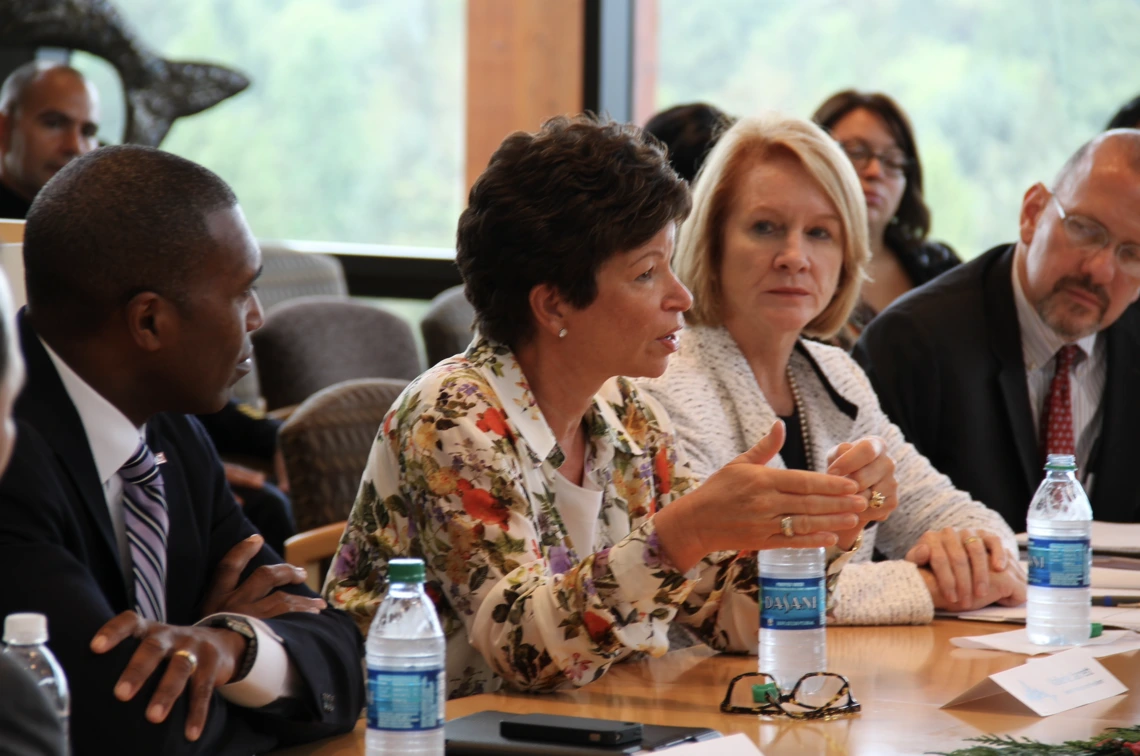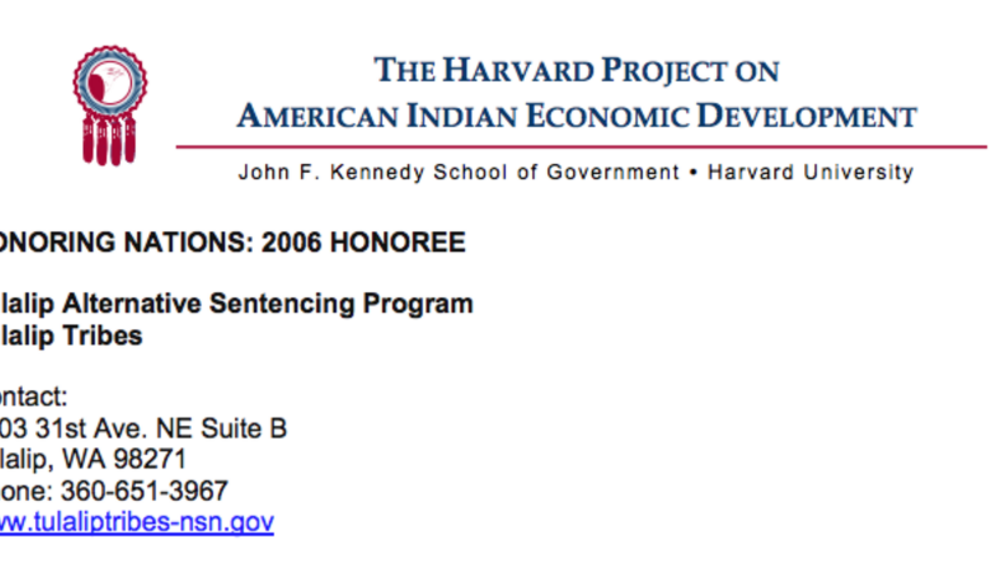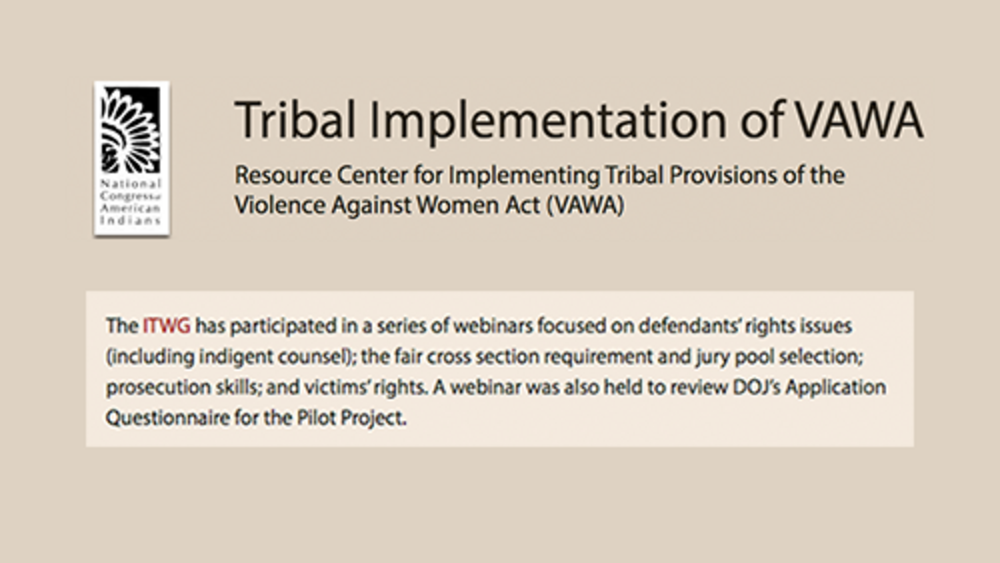Yesterday morning, we made our way north from Seattle, past gorgeous waterways, and lush greenery to visit with the Tulalip Tribes of western Washington, where we were greeted by Tribal Chairman Mel Sheldon, Vice Chairwoman Deb Parker, and Chief Judge Theresa Pouley. We saw first-hand, a tribal court system which serves to both honor the traditions of its people and to foster a renewed era of tribal self-determination...
Additional Information
Jarrett, Valerie and Tony West. "Health, Innovation and the Promise of VAWA 2013 in Indian Country." President Obama and the Native American Community Blog. Washington, D.C. September 06, 2013. Article. (https://obamawhitehouse.archives.gov/blog/2013/09/06/health-innovation..., accessed May 31, 2023)



